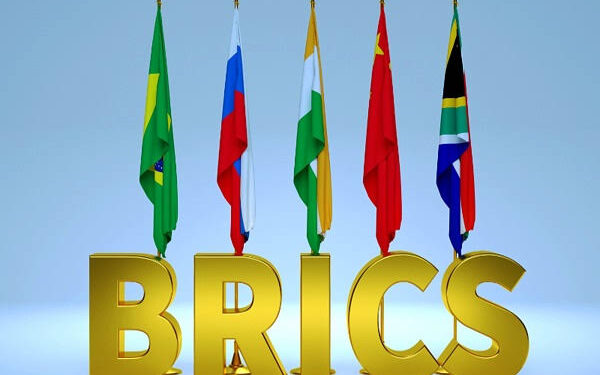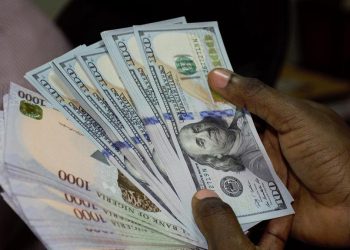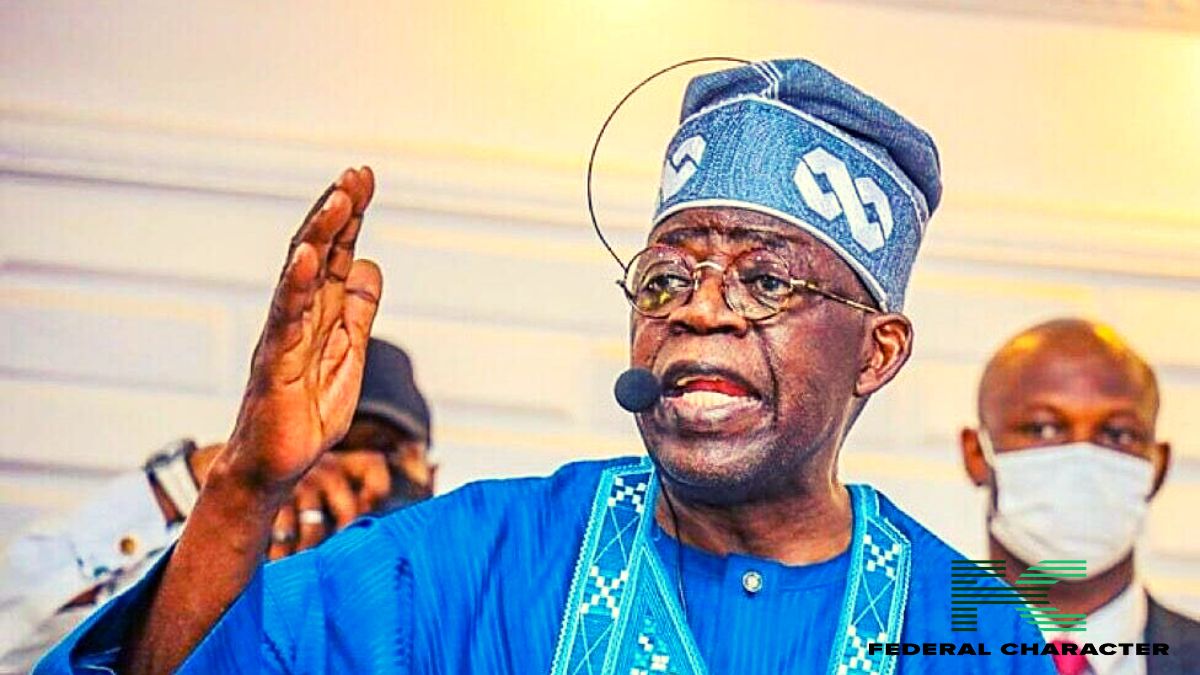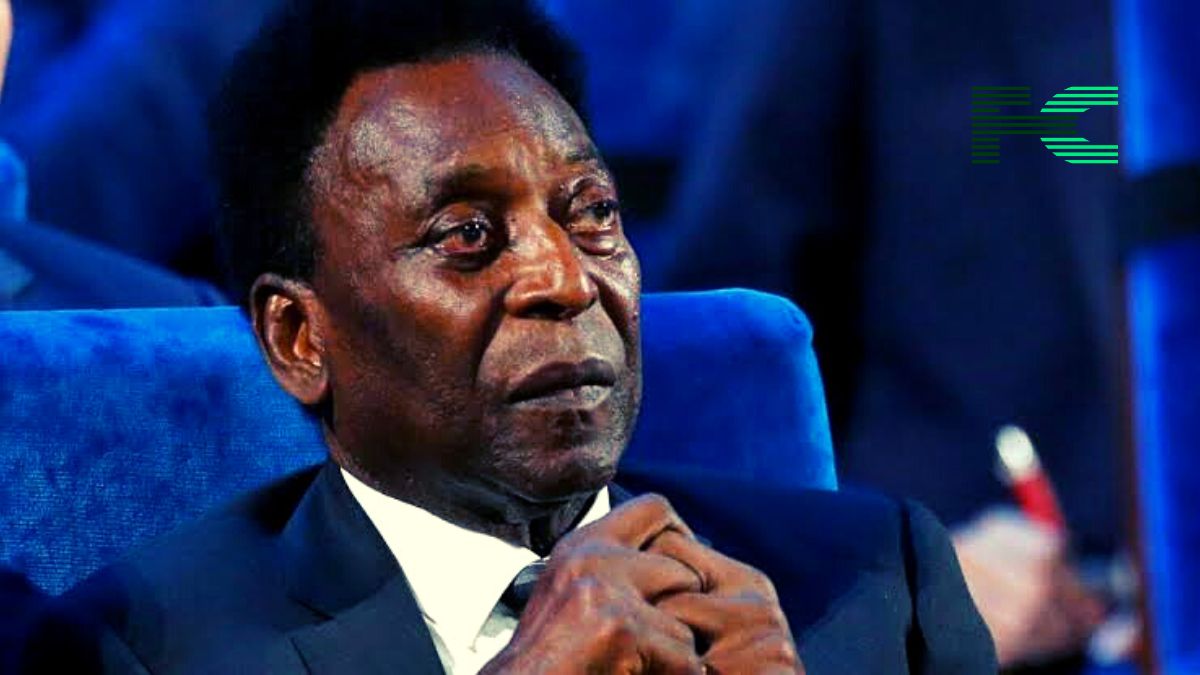As the world grapples with the fallout of the COVID-19 pandemic, a more profound transformation is underway. The BRICS nations (Brazil, Russia, India, China, and South Africa) are leading a bold rebellion against the petrodollar’s dominance, and the implications are nothing short of revolutionary.
Let’s start with the positives. The BRICS nations are showing us that there’s more than one way to skin a cat. They’re building an alternative economic order that’s based on mutual respect, trade, and investment. They’re showing us that you don’t need to be a Western nation to be successful, and that’s a powerful message.
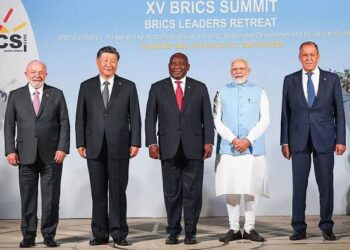
For decades, the petrodollar has ruled supreme, propping up the US dollar’s status as the global golden reserve currency. But the BRICS nations have had enough of being held hostage by the dollar’s fluctuations and the whims of the US Federal Reserve. They are even saying Meme coin could be an asset. They’re building a new economic order, one that’s based on mutual cooperation, trade, and investment.
The petrodollar’s decline means that the US dollar’s value will no longer be artificially propped up by the global oil trade. The US economy will have to adapt to a new reality, one where it’s no longer the sole global hegemon.
China, the elephant in the room, is emerging as a global superpower. Its massive population, rapid growth, and strategic investments are making it a force to be reckoned with.
Russia, the enigmatic nation that’s always kept us guessing. Its vast natural gas reserves and strategic location make it a crucial partner for China and the EU, but its history of political interference and cyber attacks leaves us wondering if we can really trust the bear.
On one hand, Russia’s involvement in BRICS could be a game-changer. Its energy exports could help fuel China’s rapid growth, while its strategic location could provide a vital link between East and West. But on the other hand, Russia’s track record of political meddling and cyber aggression raises serious concerns about its true intentions.
Can we really trust a nation that’s been accused of interfering in foreign elections and launching devastating cyber attacks? Or is Russia simply playing a clever game of geopolitical chess, using its energy resources and strategic location to further its own interests?
India, the land of spices, saris, and…scarce resources? Yes, let’s talk about India’s critical role in the BRICS revolution. With its massive population, rapid growth, and strategic location, India is the perfect partner for China and the US. But, India’s got its own set of problems, like a contentious relationship with Pakistan and some serious human rights issues.
But hey, who needs to focus on building a stable and prosperous nation when you can just throw population growth and economic expansion at the problem? I mean, it’s not like India’s facing scarcity issues or anything. Oh wait, it totally is. From food to water to energy, India’s resources are stretched thin. But hey, let’s just ignore that and keep on growing, right?
And don’t even get me started on the whole Pakistan thing. It’s like, India, can you just get along with your neighbour? I mean, I know there’s some serious history there, but come on. You’re both nuclear powers, for crying out loud! Can’t you just play nice?
Brazil and South Africa, the dynamic duo of the BRICS revolution! With their vast natural resources, strategic location, and rapid growth, they’re the perfect partners in crime for China, Russia, and India. But, let’s not forget that these wildcards are also looking to shake things up and challenge the status quo.
And, news has it, Cameroon is the latest country looking to join the BRICS club! But, here’s the thing – they’re being courted by a G7 country, without even reading the BRICS menu! Talk about a mysterious rendezvous!
Are they ready to join the BRICS party, or are they just looking for a way out of their economic woes? And, what’s the G7 country’s game plan here? Are they looking to poach Cameroon from the BRICS club, or do they just want to get in on the action?
But let’s not get too carried away with the hype. The BRICS revolution is not without its challenges. The nations involved have their own political and economic issues, and the road ahead won’t be easy.
Sanctions, once a potent tool of US economic diplomacy, are now backfiring. Russia and Iran, both under sanctions, are developing alternative payment systems and trade agreements that bypass the dollar. The rest of the world is taking note, and the US is losing its grip on global trade.
The oil and gas markets are also in turmoil. As the world transitions to renewable energy, oil and gas producers are scrambling to adapt. Russia is increasing its natural gas production and exports, while China is investing heavily in renewable energy.
The stock exchange and market news are reflecting this shift. Emerging markets are booming, while traditional markets are struggling to keep up. Investors are flocking to BRICS nations, eager to capitalize on their growth potential.
The BRICS revolution is reshaping the global economy in profound ways. The petrodollar’s demise is a harbinger of a new era of economic cooperation and competition, one that’s based on mutual respect, trade, and investment. The US can either adapt to this new reality or risk being left behind. The choice is clear.

